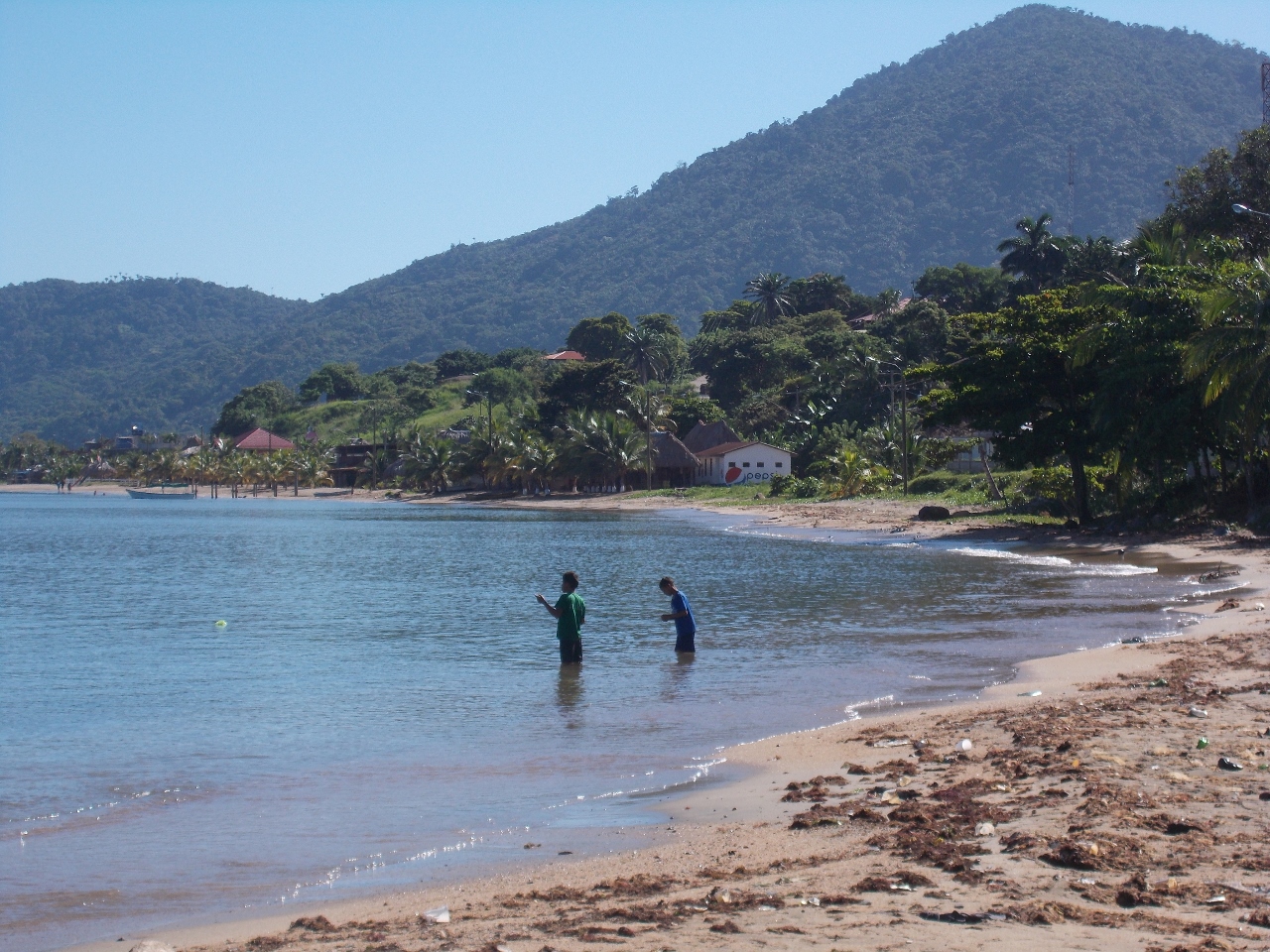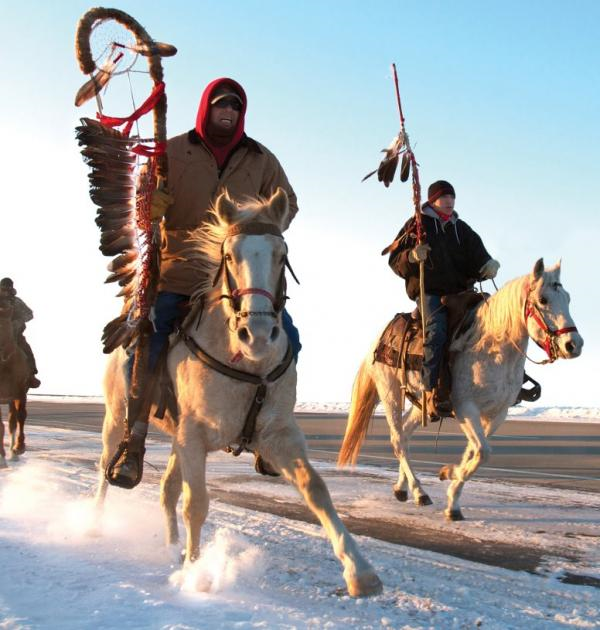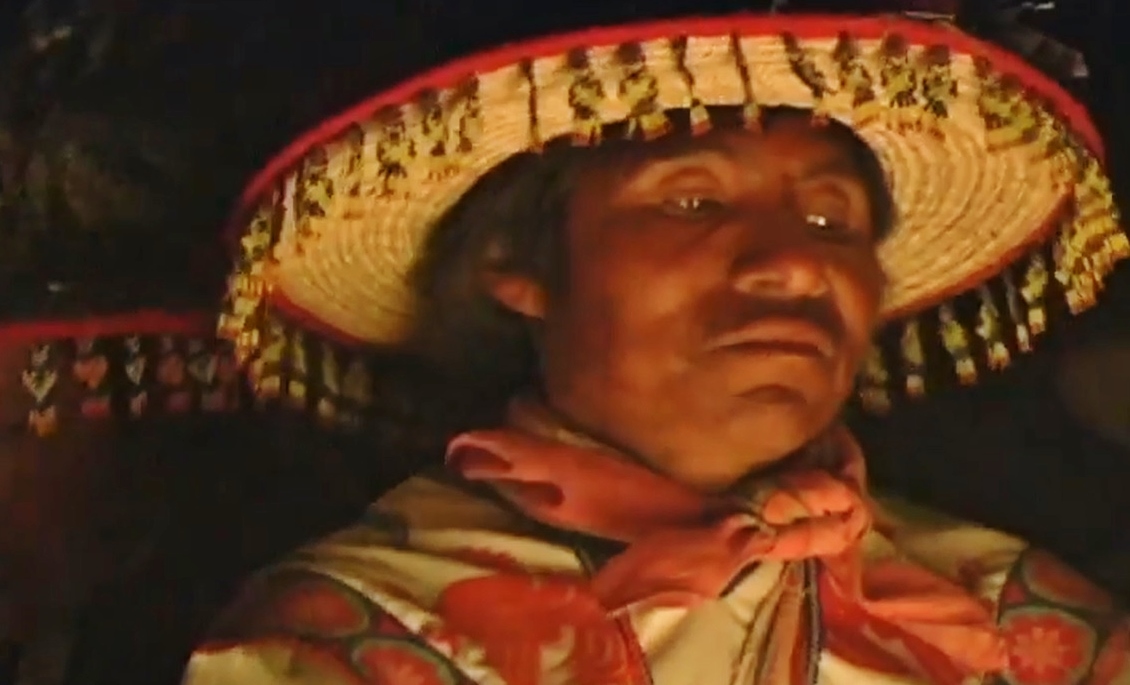Hiding in the back alleys and behind a hoodie, he stencils freehand Gorillas in Pink Masks. An international art sensation makes a film about making a film about a guy who wants to become an international art sensation. The pseudonymous street artist Banksy has turned his well-marketed cultural irreverence into a boom time in the discontent industry.
Author: Jack Eidt
Jorge Luis Borges: On Literary Magic and Garden Labyrinths
Jorge Luis Borges forged into the realm of literary magic, he led his readers down through the Garden of Forking Paths, wandering the red and tranquil labyrinths in Elegy, growing old in so many mirrors, seeking in vain the marble gaze of statues, compiling regrets of a fantastic nature. Watch the BBC profile on him as an elder of strange destiny who had seen nothing, or almost nothing, but the face of a girl from Buenos Aires, a face that does not want you to remember it.
Great March for Climate Action: Kick-Off in Los Angeles – March 1st
The time for climate action is now! On Saturday, March 1, the SoCal Climate Action Coalition 350 and its regional partners will rally in the shadow of a Port of Los Angeles oil refinery, sending marchers off on a 17.5-mile trek through the streets until they reach downtown Los Angeles. Hundreds of marchers will then continue their journey for 3,000 miles towards Washington D.C., reaching out to everyday citizens along the way on how they can fight climate change in their daily lives.
Honduras: Mega-Tourism and Garifuna Communities Collide
Canadian “Porn King” Randy Jorgensen’s mega-tourism “development” projects are stirring conflict and destroying Afro-Caribbean Garífuna communities in Trujillo on the north coast of Honduras.
Dakota 38 Documentary: Healing Journey of the Dakota People
Watch the documentary Dakota 38, that follows native riders on a 330 mile healing journey across South Dakota to Minnesota, in honor of those lost 151 years ago at the end of the Dakota War of 1862, in the largest mass execution ever seen in the United States.
J. G. Ballard: Atrocity Exhibition and the Modernist Motorcar Dystopia
“The Atrocity Exhibition” is J.G. Ballard’s instruction manual in how to disrupt mass media and recontextualize technology in a dystopian landscape overrun with industrial waste and technological white noise. Watch the piece on Ballard and the Motorcar, that careens across the landscape of his controversial novel, “Crash.”
Pamparios: A Trip with the Huicholes to Collect Peyote
Watch the full documentary on the Huichol journey to Wirikuta, where they travel every year to collect peyote. The pilgrimage take place with the intention to return to where life originated and heal oneself and the community.







